Ahead of the Sustainable Energy Reimagined event, Minna Martikainen, Rector of the University of Vaasa, outlined the university’s goals and strategic priorities in an interview. The event, held in Brussels, brought together researchers and policymakers from the energy sector. Serving as both a networking platform and a showcase for the University of Vaasa’s international role in advancing sustainability, the event was organised alongside the Kvarken Council, the City of Vaasa, and the Regional Council of Ostrobothnia.
News articles
The Sustainable Energy Reimagined conference, jointly organised by the University of Vaasa, the City of Vaasa, the Regional Council of Ostrobothnia, and the Kvarken Council in Brussels, brought together European and international policymakers, researchers, and energy industry leaders to discuss the European energy transition and sustainable, competitive growth.
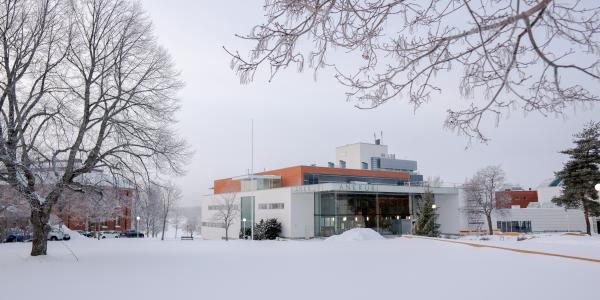
The substantial donation supports AI research at thirteen universities: Aalto University, Hanken School of Economics, National Defence University, Tampere University, University of Eastern Finland, University of Helsinki, University of Lapland, University of Jyväskylä, University of Oulu, University of the Arts Helsinki, University of Turku, University of Vaasa, and Åbo Akademi University. Additionally, the donation supports the activities of the international ELLIS Institute.
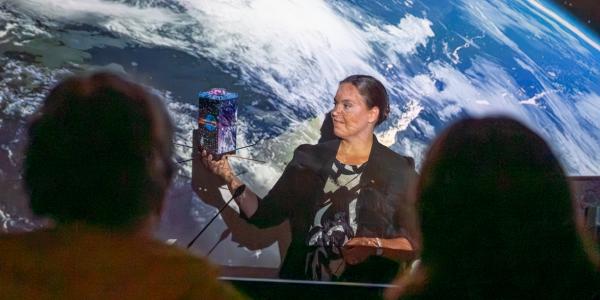
The Finnish Union of University Professors has chosen Heidi Kuusniemi, Professor of Computer Science at the University of Vaasa, as Professor of the Year for 2025. The nomination was announced at a Union event during the Science Forum in Helsinki on Thursday, 9 January 2025. The award amount for the Professor of the Year is EUR 20,000.
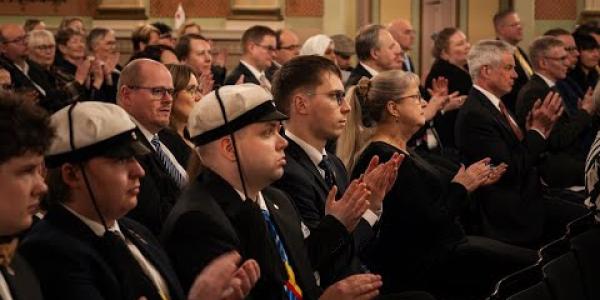
The University of Vaasa achieved success in international accreditations and rankings. Campus renovation was completed and the new academic year started in new, stylish and modern facilities. University of Vaasa's sixth Ceremonial Conferment of Doctoral Degrees was held from 19 to 21 September 2024. The year was marked by many positive developments: significant research funding, and impactful collaborations.
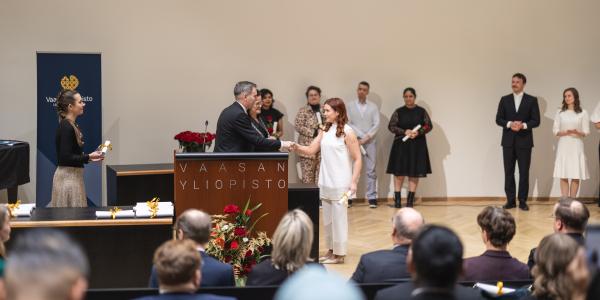
This December, 64 students are receiving their master’s degree upon graduation from the University of Vaasa. The university is organising the degree ceremony Publiikki to celebrate the students who have completed their master’s degree during the autumn term on Wednesday 18 December.
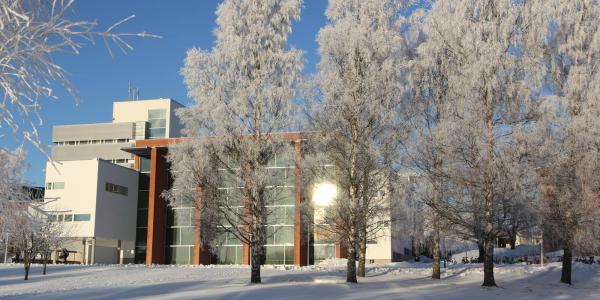
The University of Vaasa passed the audit conducted by the Finnish Education Evaluation Centre (FINEEC). The university received praise from the audit team for diverse and vibrant cooperation with the industry in the Ostrobothnia region. The university benefits from the strong industry and work communities in the area. The University of Vaasa provides excellent support services regarding student well-being and welcoming international students.
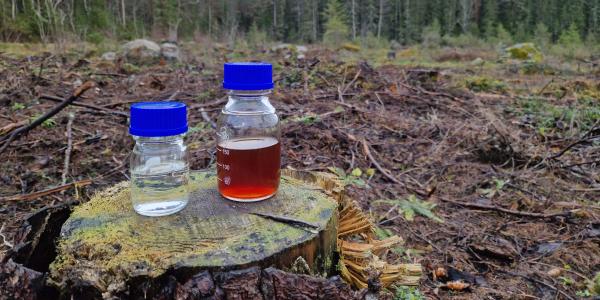
The University of Vaasa, RISE Research Institutes of Sweden, and Åbo Akademi University have received funding from the EU-Interreg Aurora Programme to develop a solution for managing forest residues and producing sustainable fuel. The project aims to develop a process that produces a blending component for fuels for internal combustion engines.

On Wednesday 11 December, Parliament allocated what is known as Christmas gift funding. The Kvarken Space Center at the University of Vaasa received a 500,000-euro allocation for infrastructure development.
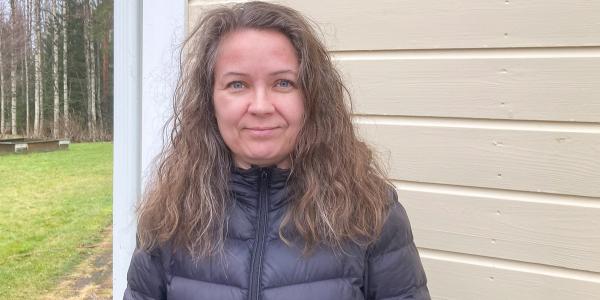
People living in multiple locations often feel they cannot fully participate in the activities of their unofficial home municipalities. To recognize multi-local residents as legitimate municipal citizens, the concepts of municipal citizenship and living in a municipality should be separated, Katja Rinne-Koski proposes in her doctoral dissertation at the University of Vaasa.